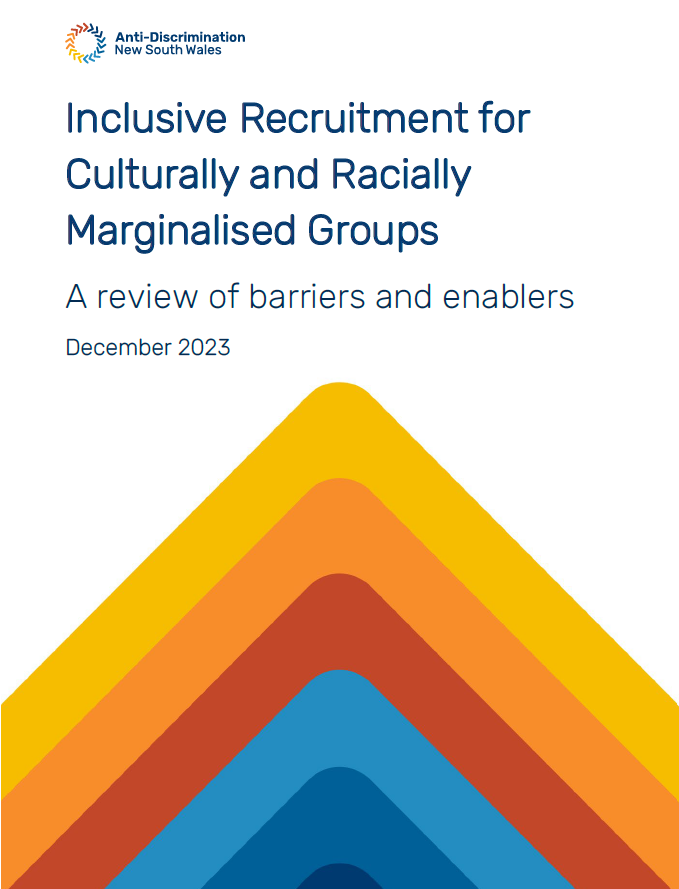Inclusion in hiring practices is a crucial part of making sure that the workforce reflects the diversity of society. This is especially important in the NSW public service, where it's seen as a fundamental aspect of creating an inclusive environment.
The NSW public service is committed to having a diverse workforce and supports efforts to recruit and include people from different cultural and language backgrounds. However, there are challenges due to the variety within this group and the barriers they face, such as discrimination.
This paper is the first step in a research project by Anti-Discrimination NSW and the NSW Department of Communities and Justice. Its goal is to understand why people from diverse backgrounds might find it hard to get jobs in the NSW public service.
The paper reviews research from Australia and around the world. It focuses on two main areas: the challenges faced by culturally and racially marginalised groups when looking for jobs, and strategies employers can use to make their hiring processes fair for everyone.

Download a copy of the literature review: Inclusive Recruitment for Culturally and Racially Marginalised Groups
(PDF, 6.6 KB)
While there's a lot of research on the difficulties these groups face in finding jobs, there's less certainty about which strategies actually work to make hiring more inclusive. Some commonly suggested approaches haven't been studied enough, and others have shown mixed results when tested in real-world situations.
This paper identifies several major obstacles in the journey to employment for these groups, including:
Discrimination makes these barriers even worse during the hiring process. Some common biases that affect hiring decisions include:
These biases can lead to negative outcomes for culturally and racially marginalised job seekers, such as longer job searches, underemployment, and exploitation.
This paper also examines different strategies to make hiring more inclusive, including:
Download a copy of the literature review: Inclusive Recruitment for Culturally and Racially Marginalised Groups (PDF, 6.6 KB)
Last updated: